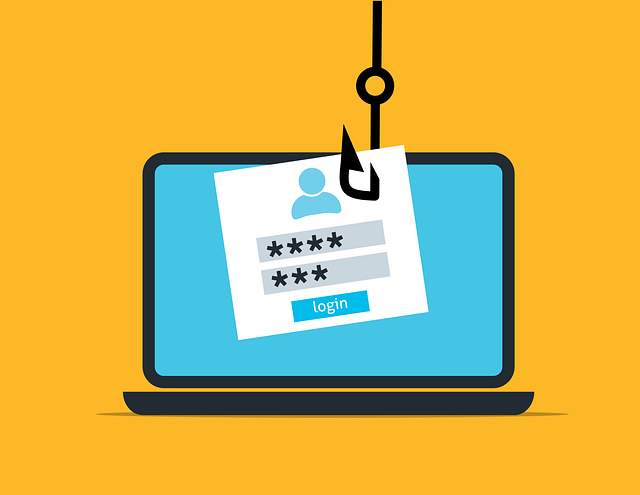
It’s a sad truth, but there are liars and thieves out there who would happily take advantage of others. Social Security scams are one such way predators steal from both the government and from unsuspecting seniors.
Unfortunately, many people are unfamiliar with how Social Security works and the processes the SSA use to get in touch. So, when scammers pretend to be from the SSA and demand payment, seniors would have little reason to think that anything was amiss.
Washington Post columnist Michelle Singletary shared her family’s own personal experience dealing with Social Security scams. It’s heartbreaking, but her family isn’t alone. In 2020, Social Security scams done over the phone or online resulted in the loss of $45 million. These criminals all use similar tactics to steal from their victims.
How are Scammers so Convincing?
Scammers have multiple communication platforms at their disposal. Fake websites, email phishing, telephone calls, and even direct physical mail are all ways criminals can get in touch. Scammers will identify themselves as someone or something in a position of authority, or as a friendly service. For example, Social Security scams often involve a scammer pretending to be the IRS or the police themselves. They demand you pay what you unknowingly owe to the government, or you’ll go to jail.
Regardless of a friendly or hostile tone, the messages will always demand some immediate action. Scammers will always be confident, and prey on people’s ignorance about how Social Security operates. Social Security scam victims always have a worry that the criminal is telling the truth, and that they or their benefits might be in trouble. Naturally, if they honestly thought that was the case then they’d want to comply.
How to Protect Yourself
The only way to protect yourself from potential scammers is know how they work. The Social Security Administration offers insight into how to immediately notice a scam. The SSA will never threaten a person, demand immediate action, and require cash payments. Most importantly, the SSA will never suspend your Social Security number. You can tell the SSA how to get in touch with you, either by mail, text, or email. If someone claiming to be from the SSA contacts you in a way other than what you opted for, then it is most definitely a scam.
If you have any concerns about your benefits you can check with the SSA website itself. Never engage with someone directly, as the scammer will lead you along. When in doubt, stop communicating with whoever is reaching out to you, and report it to the SSA through their website.
The Council for Retirement Security is dedicated to protecting seniors’ benefits. Sometimes it’s the government that interferes with our Social Security, and sometimes it’s evil people looking to hurt others. Regardless of the threats, the best way to stay safe is to arm yourself with knowledge and seek guidance from trust resources only.



